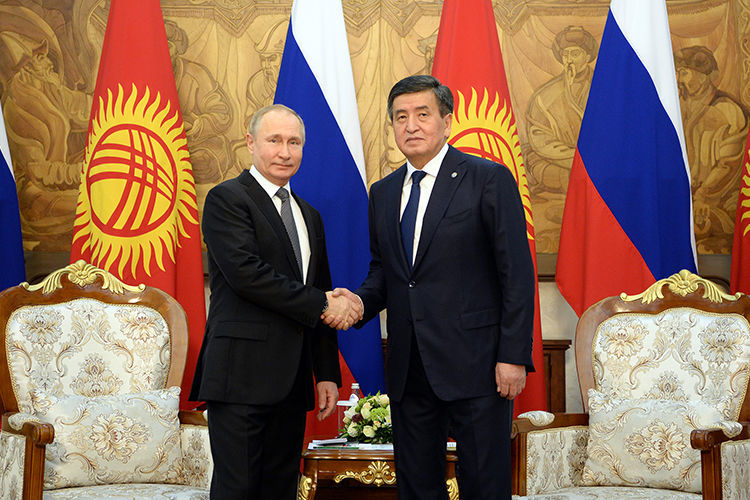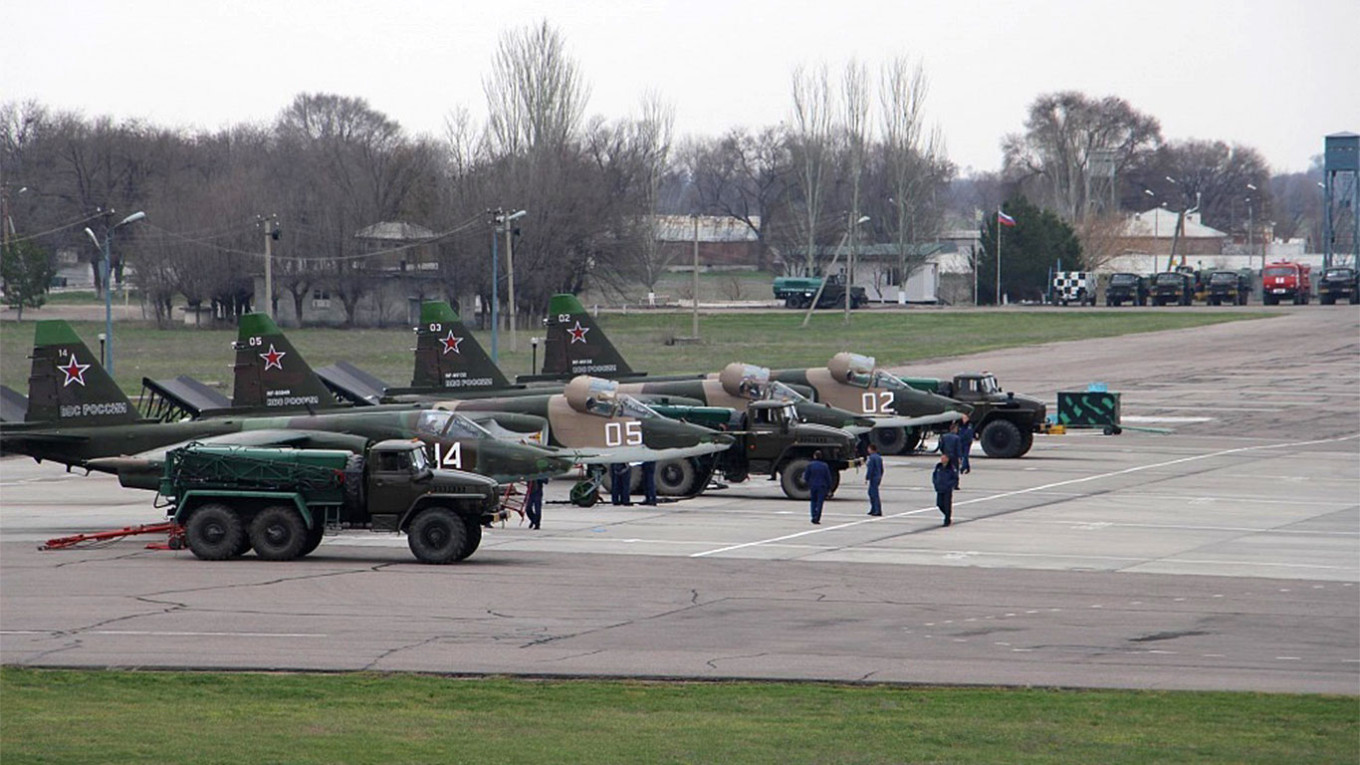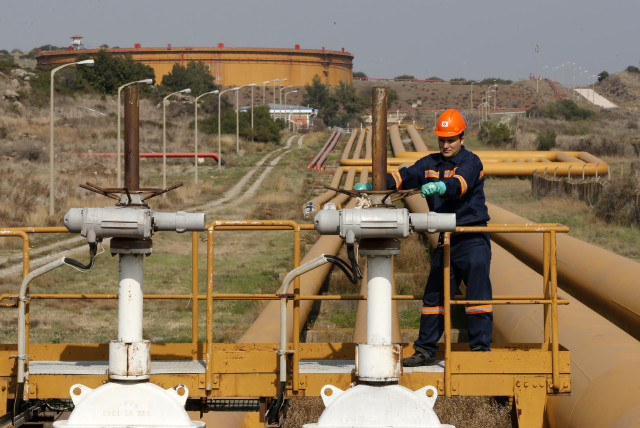Russia and Kyrgyzstan: A New Air Defense Alliance

On October 11, 2023, Kyrgyzstan’s parliament ratified an agreement with Russia to create a joint air defense system, which is valid for five years and can be renewed. Just one day before the Russian President Vladimir Putin visit to the Central Asian country, the deal was made but later it was announced that Putin’s visit has been delayed. Russia is a significant political and economic powerhouse in Central Asia, and is a key partner for Kyrgyzstan. The two nations work together on a variety of issues, and share close economic and security relationship. As a result of the new air defense alliance, the Kyrgyz parliament said, “Lawmakers examined and adopted the bill on the ratification of the agreement between the Kyrgyz Republic and the Russian Federation for the creation of a Joint Regional Air Defence System.” The deal allocates a five-hectare land at the Russian military post in Kyrgyzstan called Kant for the new joint initiative. The agreement will allow Russia to deploy its air defense systems in Kyrgyzstan and to train Kyrgyz personnel on how to use them. The two countries will also share intelligence on air threats. The Kyrgyz government has said that alliance will protect the country from air threats and has the potential to deter external aggression.

Russia and Central Asian countries share a common interest in the region’s stability and security. The creation of a joint air defense system between Russia and Kyrgyzstan is part of a broader trend of Russia’s growing importance in Central Asia. Russia has similar agreements with other Central Asian countries, including Kazakhstan, Belarus, and Tajikistan which shows the security collaboration among the countries of Central Asia. The latest development is a unified regional air defense system, a component of the larger air defense system of the Commonwealth of Independent States (CIS), through which Central Asian countries are cooperating to improve their air defense capabilities. Russia will be coordinating combined military operations with the forces of other regional air defense systems of CIS member states as well as within the recent unified regional air defense system of Russia and Kyrgyzstan. It remains to be seen how the joint air defense alliance will impact the security situation in region. But, in the years to come, Russia’s influence in Central Asia is likely to grow and remain strong.

